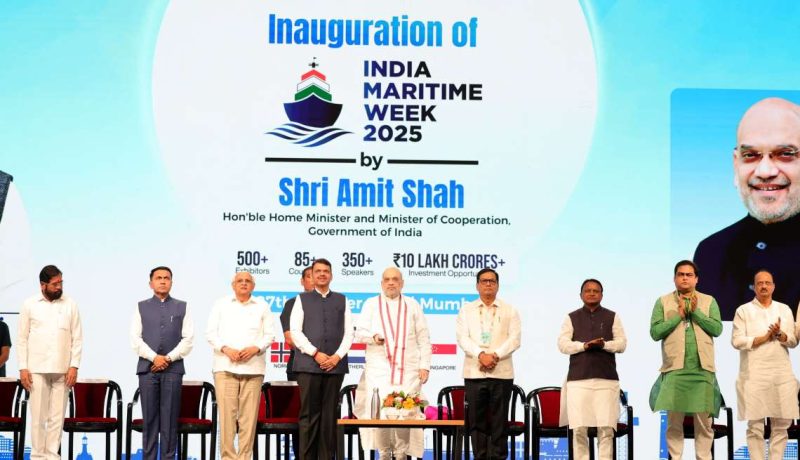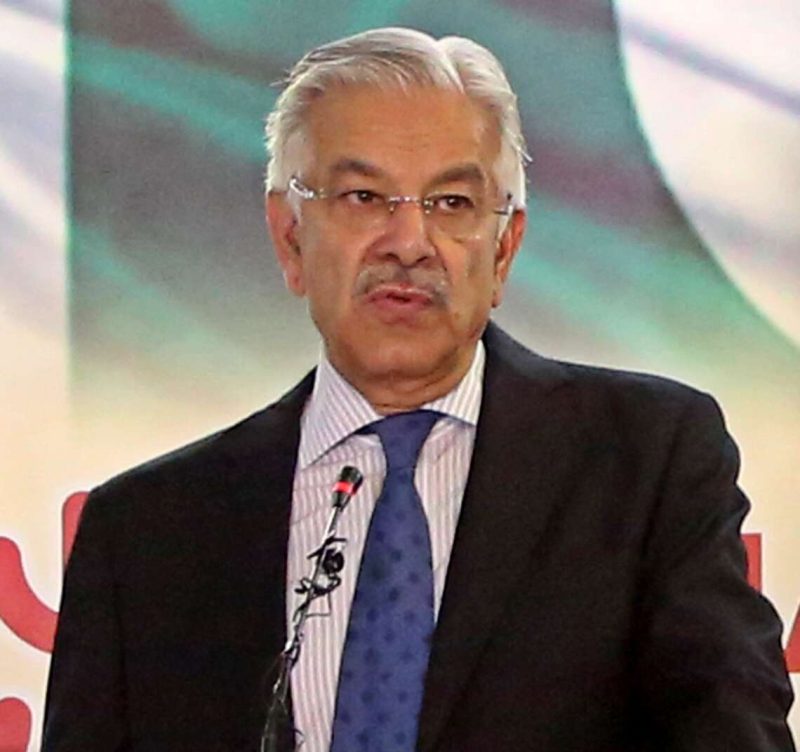Analysts are of the opinion that the sharp drop was largely due to seasonal factors and the downturn may have already bottomed out….reports Asian Lite News
Further underscoring the mounting challenges faced by the Chinese economy, consumer prices slid deeper into deflationary territory last month, suffering the biggest drop since the global recession in 2009.
The country’s Consumer Price Index (CPI) dropped by 0.8 per cent in January from a year ago, according to the National Bureau of Statistics (NBS) data released on Thursday. It was the steepest fall since September 2009 and marks a fourth straight month of decline.
But the analysts are of the opinion that the sharp drop was largely due to seasonal factors and the downturn may have already bottomed out.
The NBS, as well as some economists, said holiday demand in January 2023, when CPI rose 2.1 per cent, played a part in making prices this year look particularly weak.
“[The] Lunar New Year falls in February this year compared with the end of January last year, causing distortions to the base,” CNN quoted HSBC economists stating in a research note.
Beijing is scrambling to revive consumer and investor confidence as it fights fires on several fronts, including a real estate slump, stock market meltdown and weaker exports, according to CNN. It fired its main stock market regulator Wednesday as anger grew over trillions wiped off shares in recent years.
The economists said that weak consumer demand last month also weighed on the prices.
In the index, food prices in particular were a major drag. The price of pork, a staple in the Chinese diet, plunged by 17.3 per cent from a year ago, marking the biggest drop among all consumption items. Vegetable prices slid nearly 12 per cent.
The Producer Price Index (PPI), which measures the cost of goods that factories charge wholesalers, decreased by 2.5 per cent in January from a year ago, the NBS data showed. That was a slight pick-up from December’s 2.7 per cent drop.
Lynn Song, chief economist for Greater China at ING Economics, says consumer prices are likely to rise from February onwards.
“The base effects make January’s data look worse than they are. Sequential data paints a more upbeat picture,” CNN quoted Song as saying.
When compared to December, the CPI actually rose by 0.3 per cent in January, up for a second month in a row.
Meanwhile, preliminary data suggests more people are traveling now than before the pandemic. As of Tuesday, 2.2 million trips had been made by air and 12.9 million trips by rail during the first 12 days of the travel rush, according to figures from the Chinese transport ministry. The figures have jumped 17 per cent and 23 per cent, respectively from 2019.
“This could point to more buoyant consumption demand during the holidays,” the HSBC economists said.
Prices for consumer services have risen in tandem, as tourism-related prices were up 1.8 per cent in January from a year ago, according to the NBS.
“We expect consumption to continue to be a pillar of support for the economy this year, with the strength in service consumption broadening out to more durable goods consumption,” CNN reported, citing the HSBC economists. (ANI)
ALSO READ: India rejects allegations of meddling in Canadian polls














